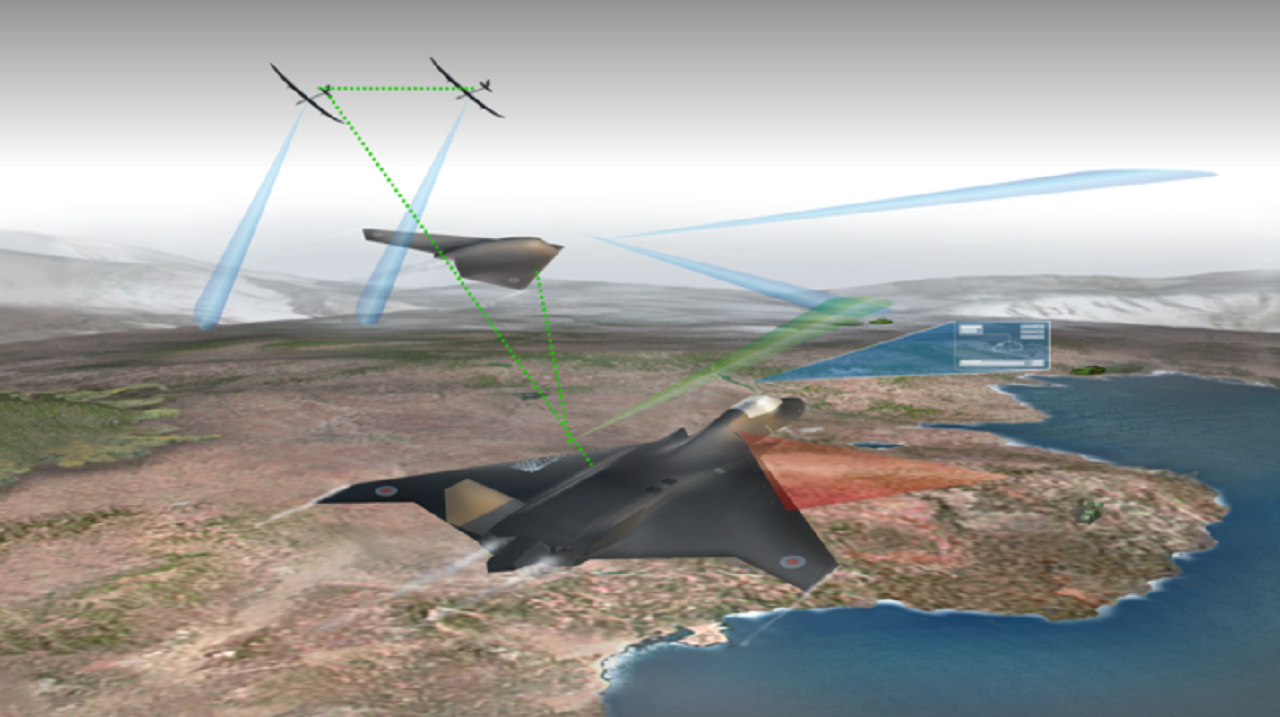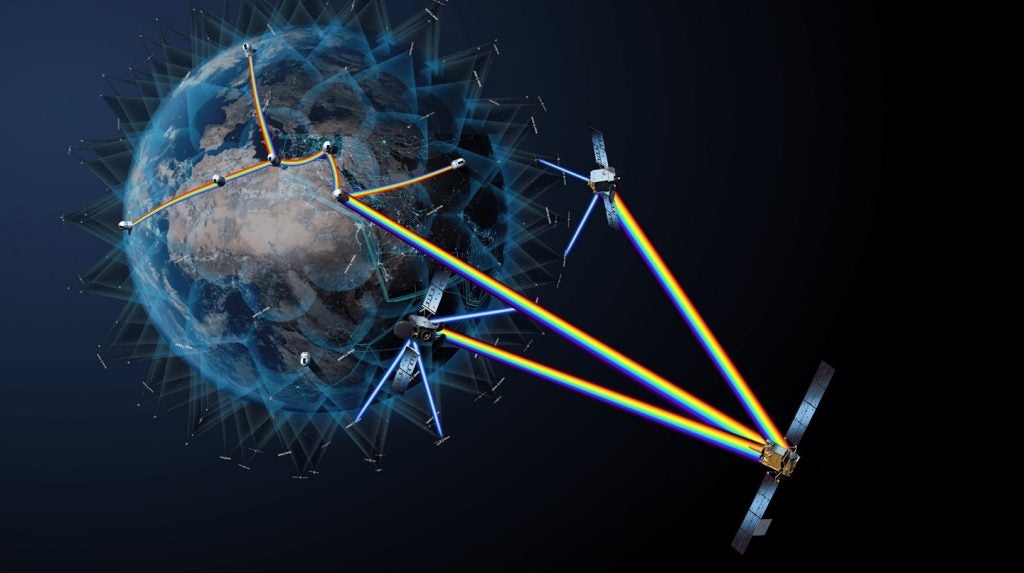
BAE Systems has reached a partnership agreement with the University of Birmingham for the development of advanced sensing technologies.
The two organisations have signed a memorandum of understanding (MoU) to build an Advanced Sensing Technologies Consortium.
This is part of the National Quantum Technologies programme, which is funded by the UK Government. The programme seeks to boost four hubs based in the UK.
One of the hubs is the Sensors and Timing hub spearheaded by the University of Birmingham.
BAE is already in a collaboration with the University of Birmingham, the UK Quantum Technology Hubs and sensor systems suppliers.
UK Quantum Technology Hub Sensors and Timing principle investigator professor Kai Bongs said: “It has the potential to create enormous economic value and change the way we live.
How well do you really know your competitors?
Access the most comprehensive Company Profiles on the market, powered by GlobalData. Save hours of research. Gain competitive edge.

Thank you!
Your download email will arrive shortly
Not ready to buy yet? Download a free sample
We are confident about the unique quality of our Company Profiles. However, we want you to make the most beneficial decision for your business, so we offer a free sample that you can download by submitting the below form
By GlobalData“Novel sensor capabilities and digital twinning are enabling disruptive innovation in a faster and cheaper way, creating unprecedented benefit to society and the economy.”
The consortium aims to develop and apply the advanced sensing technology along with the development of disruptive technologies to benefit the UK’s industry.
Technologies that will be developed include new and novel navigation systems that do not depend on GPS, cognitive workload measurement, enhanced situational awareness sensors and detection of difficult targets.
BAE Systems Air Sector chief technologist Julia Sutcliffe said: “As experts in the defence, aerospace and security sector, we know sophisticated sensing technology is absolutely critical in our ambitions to develop intelligent systems that can survive in a complex and congested battlespace environment.
“Information provides a critical advantage and comes in many forms that sensors can deliver, from navigational aids to situational awareness.
“This initiative is aimed at accelerating the pace of exploitation of these developing capabilities, enabling us to take technology from a lab environment and apply it quickly in real-world scenarios.”






